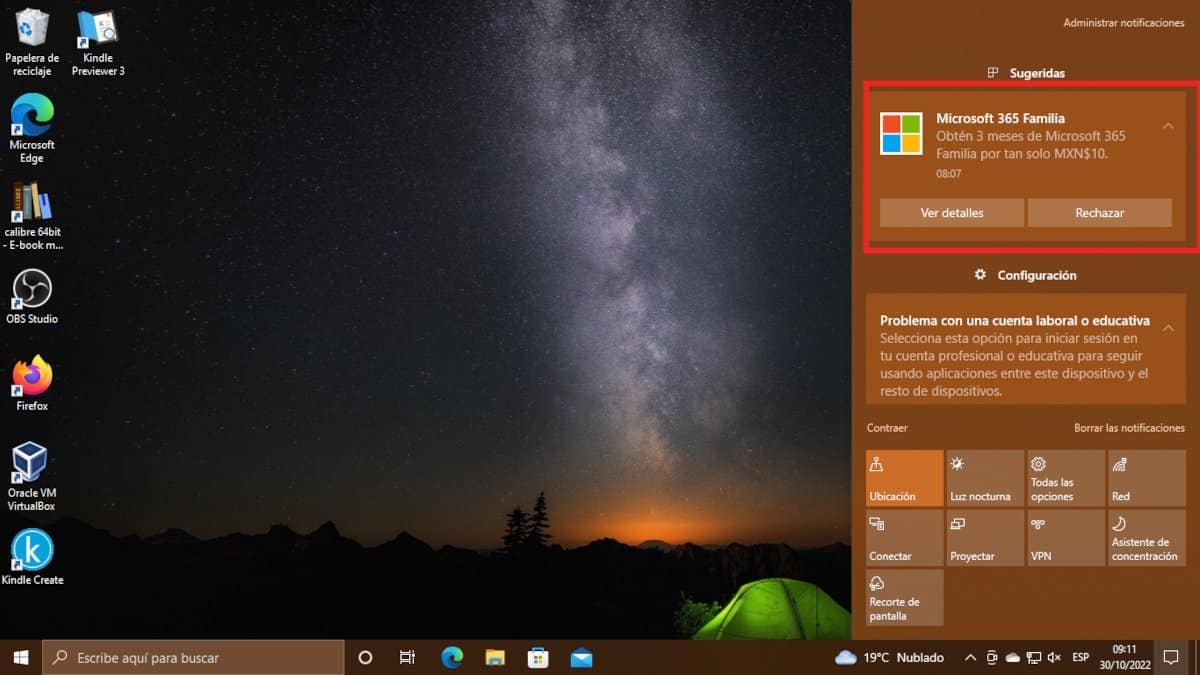
A few days ago my partner Pablinux He told us the controversy over an Ubuntu advertisement that is displayed in the terminal. It is a good excuse to talk about the financing of free software.
There is a tendency in many users to want to ignore the fact that we will never have quality free software without paid developers. Linus Torvalds did not create Linux after coming back from making burgers at Mc Donald's after finishing his college classes. He was a computer science college student supported by his parents.
About Free Software Financing
Of course the fact that developers are paid does not in itself guarantee quality of the software. There is too much low-quality trading software to prove it. But, the pay makes it more likely that the developer will be able to devote the time and attention that creating and maintaining the software requires.
In general, to calculate the cost of a software project (whether free or proprietary), three factors must be taken into account:
- The hours of programming required.
- The specialization required.
- target platforms.
- The implementation.
It is evident thate It will not take the same resources to make a clone of Minesweeper for Android as an image manipulation program based on artificial intelligence. It is much easier to create plugins for The Gimp than for Photoshop. However, the second has many more. This is because advanced knowledge of mathematics applied to image processing is required and those who have it are not willing to share it for free.
But the costs do not end here. You must have a team dedicated to correcting errors, writing manuals, technical maintenance, the response to user queries and the solution of possible legal problems.
Old and new financing models
As some comments to the Pablinux article point out, the Canonical thing can hardly be classified as advertising. There are two lines recommending testing the beta of a product that will be free for home users. But Would it be so bad if I recommended a soap or Toyota's new sedan model? They are two lines that, once you know they are there, you no longer have to read. Is it too high a price for an improvement in quality?
Canonical bet for years on the home market, even trying to get financing for its own converged device. It never got good results. By pure chance, it managed to enter the corporate market as an alternative between the lack of corporate support from Debian and the high cost of support from Red Hat or Oracle. This made it stop being the innovative distribution that we knew.
The truth is that in computing there are two kinds of users: customers or the product. If we don't pay, someone else is going to pay for us. The screenshot at the top of this article is from Windows Insider (The free version of Windows) running on my computer. It seems that serving as a guinea pig is not enough payment for Microsoft.
Currently, free software is financed by:
- charge per download: The user puts a value to the product to download it, this is the case of Elementary OS and Linux Lite.
- Corporate support: Companies pay an amount of money to have technical support. In some cases, acquiring it is mandatory (Red Hat Enterprise Linux) or voluntary (Ubuntu).
- Company sponsorship: Certain companies pay the developers of the project, either to integrate their product (Google search engine in the Firefox browser) or because they use its components in those products.
- Donations: Users can donate using general platforms such as Paypal or others specific to free software projects such as FreePay u OpenCollective.
- Sale of products: Either related (Hardware as in the case of KDE Neon or Manjaro) or unrelated (Clothes or mugs with the project logo as Linux Mint)
New alternatives can also be sought, such as advertising at startup or an adaptation of the so-called Scanlon Plan, that is, a percentage of the savings from using free software must go to the project.
The truth is that we must stop thinking that free software is free and start seriously discussing the subject. The increasing control of companies in the Linux Foundation and other free and open source software entities affects our interests as users
Interesting article!!